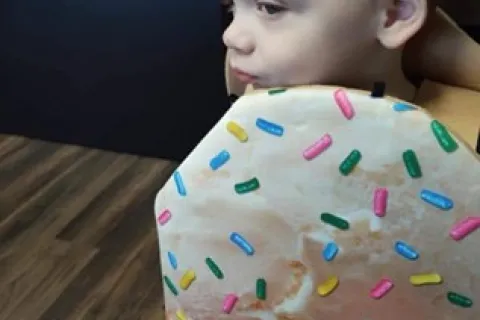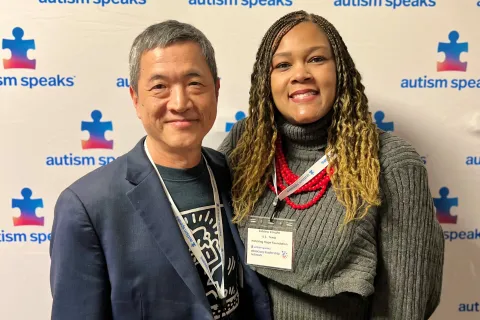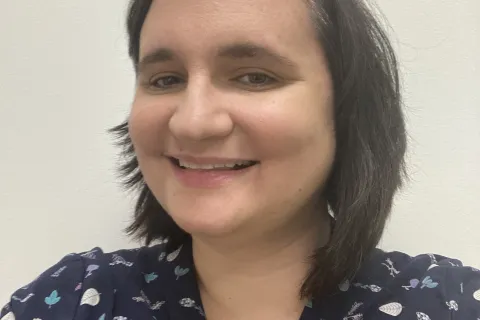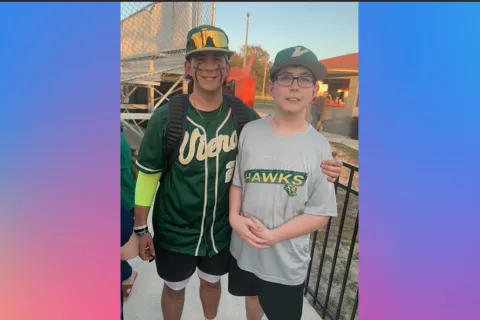20 Things You Experience as a 'Neurotypical' Sibling
Cayla Stanley, 25, knows equally well the challenges facing individuals on the spectrum and the joys afforded by knowing someone with special needs because of her older brother, Griffin. She recently opened up about her family's experience with autism in an article she wrote for Gulfshore Life magazine of Naples, Florida, where she is an associate editor. Loving Griffin includes a relatable list of "20 Things You Experience as a 'Neurotypical' Sibling."
20 THINGS YOU EXPERIENCE AS A ‘NEUROTYPICAL’ SIBLING
Here’s what my Buzzfeed list would say:
1. You are positive your parents are the best parents. Superheroes, even.
2. There’s a good chance you know the words to nearly every Disney song.
3. You know better than anyone that behavior is communication. (When Griffin was little, he would bring female guests their purses when he felt it was time for them to go home.)
4. You find yourself harmlessly wondering if some of the more eccentric people you meet are “on the spectrum.”
5. You have moments of OMG embarrassment (see: a young Griffin stripping naked at my friend’s house and jumping in the pool—more than once), moments of terror (see: Griffin disappearing in the grocery store) and many more of tremendous pride (see: Griffin disappearing in the grocery store because he was spontaneously motivated to go independently through the checkout line for the first time and pay for a box of Entenmann’s doughnuts).
Click to see the full list and read the full article on gulfshorelife.com.
Click here to download Autism Speaks Sibling Support Tool Kit. This tool kit is for children who have a brother or sister diagnosed with autism. Though the guide has been designed for children ages 6-12, the information can be adapted as needed to other age and education levels. The guide is written in an interactive format so parents and siblings can set aside some quiet time to read the guide together. The intention is to create an opportunity for siblings to focus on their feelings, reactions to their sibling’s diagnosis and get information about autism.








